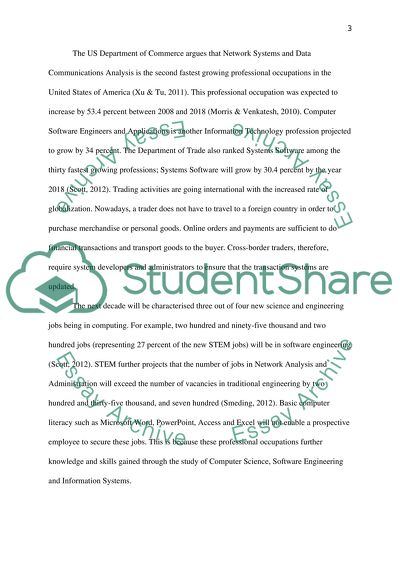Cite this document
(“Graduate Employability Essay Example | Topics and Well Written Essays - 2000 words”, n.d.)
Retrieved de https://studentshare.org/education/1487784-graduate-employability
Retrieved de https://studentshare.org/education/1487784-graduate-employability
(Graduate Employability Essay Example | Topics and Well Written Essays - 2000 Words)
https://studentshare.org/education/1487784-graduate-employability.
https://studentshare.org/education/1487784-graduate-employability.
“Graduate Employability Essay Example | Topics and Well Written Essays - 2000 Words”, n.d. https://studentshare.org/education/1487784-graduate-employability.


